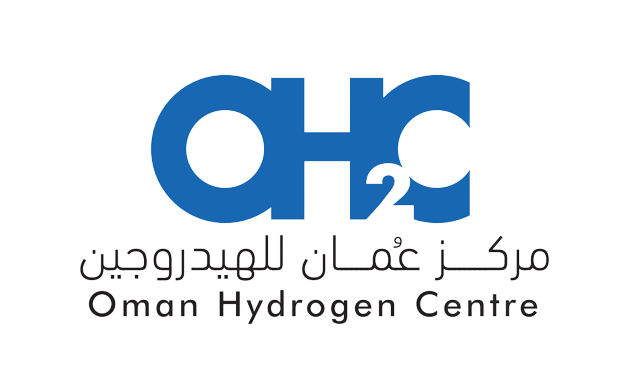Projects
Efficiency of (ZnO NRs) in Real Produced Water Treatment
(Jun. 2022 – Jun.2023)
The objective of this study is to synthetize, characterize and test nanomaterials for wastewater treatment. The nanomaterials synthesized will be chosen depending on the wastewater of choice. High purity water is necessary for green hydrogen production through water electrolysis. Seawater desalination and wastewater treatment are good options for pure water production. Nevertheless, each of these processes have their pros and cons. While seawater desalination is highly energy intensive, wastewater treatment is more complex in nature. Additionally, seawater composition is uniform, while wastewater has different types or categories depending on the wastewater source. Each wastewater type has a different composition requiring different wastewater treatment processes. This study is a cooperation between OHC and Nanotechnology Research Center at Sultan Qaboos University.
Team: Fatema AL Hajri, Dr. Sausan Al-Riyami, Dr. Mohammed Al Abri
The Potential of Hydrogen Transition for Ports in the Sultanate of Oman
(Sep.2022- Dec.2022, Funded by ASYAD Group)
ASYAD is requesting Oman Hydrogen Centre in publishing a special report showcasing the following objectives and success factors:
The role of Ports in becoming Hydrogen Hubs utilizing its existing infrastructure or with newly built infrastructure.
• How could Omani Ports in particular support the Hydrogen Value Chain of the announced project in the region and the world.
• How can shipping help to expedite the Hydrogen value chain demand.
• Other areas that could show the role of logistics in the hydrogen business.
This report was launched at Oman Hydrogen Summit that to be held December 5th, 2022, in Muscat.
Team: Cornelius Matthes, Chiara Aruffo, Dr. Sausan Al Riyami
Research Internship. (Joint work of Hydrogen Alliance, Funded by Sohar Port and Freezone)
(Sep.2022- Dec.2022)
This research will investigate alternatives to meet the energy demand of present and future industries operating within Sohar Port and Freezone. It will consist of two parts, where the first part will be an input to the second part. The first part will explore the economic feasibility of setting up a green energy production plant within remote areas. This part of the research will be a techno-economic analysis of such a (green) hydrogen production site, including the potential cost declines in both electrolysis as well as solar energy in the region. Furthermore, it will investigate what role blue hydrogen could fulfil in ramping up the production within this value chain. Also, the most cost-efficient way to transport the hydrogen or electricity towards the Port of Sohar will be studied including the availability of additional financial incentives such as carbon credits which can benefit either the generator in interior or the off taker in Sohar. The second part will investigate what the economic feasibility will be of such a hydrogen value chain for downstream activities. It will research which demand is most feasible for hydrogen sourced from interior. For this, an analysis will be conducted, taking into account the institutional context (e.g. CO2 price, grey hydrogen, natural gas, electricity, international commodity prices, etc.). As a timescale, 2030-2040 will be considered, aligned with the vision of the Port of Sohar to become a zero-emission. Three Dush students (selected by Sohar Port) and three Omani fresh students (selected by OHC) are jointly delivering the project under supervision of Oman Hydrogen Centre, Delft University, SoharPort, Petroleum Development of Oman.
Team:
Internship Students: Mariya Al Subhi, Rolf Iwema, Huda Al Jahwari, Dick Scholte, Tota De Hauwere, and Yousuf Al Siyabi
Supervisors: Tom Costa, Dr. Khalil Al Hanshi, Dr. Sulieman Al Tobi, Dr. Sausan Al Riyami
